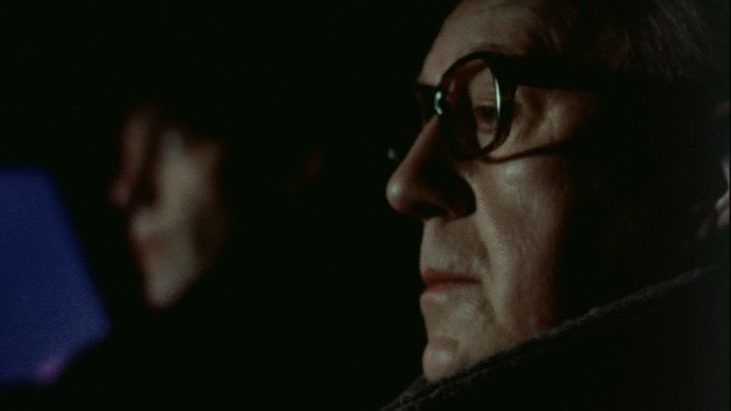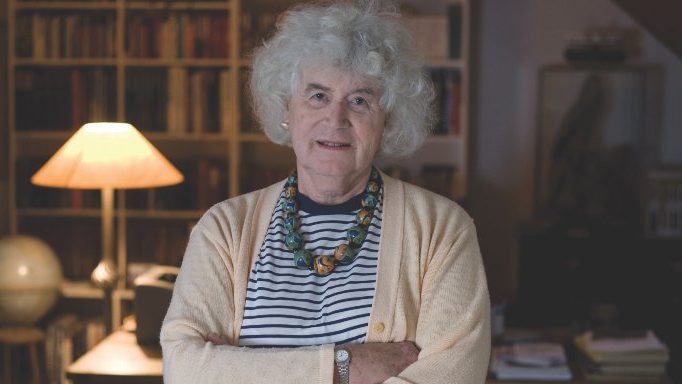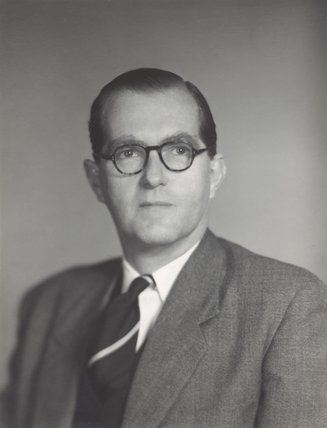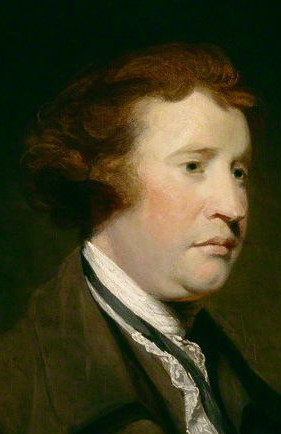By Philip Kiszely
You can’t write about British imperialists in a way that gets under their skin. Because if you do, you have to see things from their perspective – and that risks finding nuance and complexity. Worse still, you might just stumble across a sympathetic quality or two. Imagine them, those empire men and women, looking back on their lives from, say, a late 1970s vantage point and trying to reconcile the warm glow of memory with the Winter of Discontent. Feel anything other than dislike for them?
To answer yes to such a question, when we are decolonizing everything from the curriculum to the countryside, is to play a kind of cultural Russian roulette. Sooner or later, the bullet will get you. You will get cancelled.
Let’s be clear here: I am not making a case for empire. But I am trying to do the impossible and I do want to dodge the bullet while I’m at it. I have, in other words, written about the British Empire in the current issue of this journal, and I have tried to understand it from the point of view of the colonizer.
It might ease the tension a little if I remind you that the subject of my piece is the BBC’s 1979 adaptation of Tinker Tailor Soldier Spy. And that the kind of old colonialist to which I refer is represented in the figure of protagonist George Smiley. So, we are talking hand-over generation here. End-of-days stuff and post-empire lull.
Needless to say, there is nothing rampant about Smiley. Quite the reverse. The mini-series as a whole is imbued with a kind of melancholia; it hangs around the Smiley character in particular, like the heavy black topcoat he wears against the bleak London winter. You see it in his eyes, too, when he takes off his glasses and cleans them with the end of his tie. When I first started reading for the Tinker Tailor piece, I was aware of wanting to chase that feeling down. I wanted to understand the melancholy for what it was.

Because it wasn’t that obvious to me. One thing was clear, though – I wasn’t dealing with a straightforward dose of the empire guilts. There was more to it than that. I first got an inkling of its depth back in the summer of 2018, when I took the opportunity to revisit Jan Morris’s remarkable Pax Britannica trilogy. The final instalment, Farewell the Trumpets: An Imperial Retreat, was published in 1978, just as the production schedule for Tinker Tailor was gaining pace. Like the series, the book is a complex and multi-layered text. It communicates an affection for the past, certainly; but it also registers dismay at a late 1970s present that offers nothing by way of a viable future. This sense of dislocation gave me pause for thought. It was the essence of the melancholia – or a good part of it, at any rate. It was there for real in Morris, it was represented in fiction through Smiley.

The image of Smiley walking the ruins in pursuit of a truth that would ultimately serve little purpose stuck in my mind as I read back through the empire history. It is, as I am sure you know, a grand narrative of diminishing returns. Writ large across the final chapters is an unease at the thought of lording it over other peoples, especially those of colour. And yet… Here was Smiley… back out of retirement. If he wasn’t acting for empire exactly, then what was he doing?
It seemed to me that he was representing a past in which empire had played a defining role. In practical terms, that meant hunting the mole that threatened the edifice. He went about his business with such diligence that I couldn’t help but see something heroic in the tubby little man. And not just for the usual reasons – his intelligence, sensitivity, kindness, and so on – although they did of course play their parts. No. It was more to do with the fact that he was trying to conserve something that was by then all but forgotten. Whatever it was – a model of behaviour, a set of traditions – it was worth conserving. By standing for moderation and decency, he triggered an emotional response in me.
All well and good. That was certainly grist to my research mill. I noted the idea of conserving and carried on with my reading. Skulking in a dusty corner of the library one day I came across the memoirs of diplomat Sir Kenneth Blackburne. Published in 1976, they contain a short passage which I quote in the Tinker Tailor piece. I present it once again here:
In a world beset by greed, envy, racial conflict, and marked difference between the rich and the poor, it is surely a matter of pride that our former colonies and territories, whilst not withholding their criticism of Britain, still wish to be associated with us in the building of a better world.
Unless I am very much mistaken, that word ‘surely’ invites dialogue. It is a plea for understanding. He was of a different world, my career public servant, but I glimpsed something of the man through his prose – and I liked what I saw. I am glad I did him the courtesy of reading his book.
One of the joys of dealing with cultural history is that you learn how to hear voices from the past, even when the words they ‘speak’ are written on old pieces of paper. It is a process of connection as much as anything. I daresay if I hadn’t just read Morris, or been touched by Smiley’s integrity, then Blackburne would have made much less of an impression. But I had read Morris. And I couldn’t stop thinking about Smiley. And my thoughts about dislocation and melancholia began to quicken. No doubt they were helped along by the fact that, like Morris and Smiley, I myself am middle-aged.
I had better explain. It just so happened that at that time I was picking over my own life and career. ‘Balancing the books,’ to borrow Smiley’s phrase. I was engaged in this navel-gazing exercise when George Floyd was killed. The weeks that followed saw a public outpouring of anger, grief, indignation, you name it. It was as if the world had gone slightly mad. Everyone wanted change and they wanted it yesterday. Predisposed to reflection as I was, I puzzled and pondered. Not so much over the event itself, you understand, but the response to it – the Year Zero mentality that became synonymous with the aftermath. If you were to ask me now how I felt about it then, I would tell you that I baulked. I still do.

That is not about hostility to progress, by the way. Neither is it a refusal to recognize injustice. It is just that many of us of a certain age have been here before. We can discern a familiar pattern. Once you know what you are looking for, that pattern is fairly easy to trace – and empire is as good a starting-point as any.
Imperialism was a favourite hobby horse of 1970s radicals. Newer pre-occupations – gender identity, body shape, climate change – have since pushed themselves to the fore. Sometimes, though, the classics can reassert themselves. It is in this repetition, then, that we can begin to see the pattern I mention above. Empire guilt, for example, has made a comeback via the expedient of BLM protest, and it doesn’t look like going away in the foreseeable future.
Here’s the nub of it: whatever the grievance, the agenda remains the same. The semi-adolescent middle-classes semi-agitate for a semi-revolution they think will be all red wine and roses. And somewhere in the mix you will find anti-capitalism.
The loudest, most belligerent voices screech on and on, their persistence bordering on the maniacal. No doubt the activists mean well – some of them. But maybe we should lend our ears to quieter, more measured utterance. That would be a welcome change, wouldn’t it?

Voices voices voices. I keep coming back to Smiley’s, which Connie Sachs described as ‘mellow’. It is, for want of a better expression, the voice of reason. The kind of voice to urge caution. ‘Rage and frenzy,’ said Edmund Burke, ‘will pull down more in half an hour than prudence, deliberation and foresight can build up in a hundred years.’ I read the quotation back to myself, having just written it, and I own to a trace of Alec Guinness in the intonation. Well, why not, eh? It is still there as I read another, equally prescient Burke aphorism: ‘A state without the means of some change is without the means of its conservation.’ Jan Morris would approve of both statements, so would Sir Kenneth Blackburne.
So, what of Smiley-esque moderation, then? Is there a place for it in contemporary discourse? I can’t see much of one, to be honest. Not just now, anyway. Let’s take my own discipline as an example. The writing of cultural history involves striking a balance between narration and analysis. It is, in other words, about nurturing a symbiotic relationship between two vital elements – construction and deconstruction. That in turn calls for a delicate dialogue between past and present. We are running low on the vital commodities of balance, symbiosis and dialogue. As for relationship… The narcissistic present holds the past in an abusive embrace. It gaslights for fun, shouts down with a will, and shames on a whim. It punishes often.
You just can’t have a meaningful discussion about the British Empire on these terms.
All of the above suggests a terrible state of affairs. Is that really the case? Well, it is certainly part of the picture as I see it. I understand Smiley’s melancholia because I feel it for some of the same reasons. I am disconnected from a present that is hell-bent on abolishing its past, which means I am insecure about a future I cannot begin to see. But it is not all doom and gloom, despite appearances to the contrary.
Why? Because I am not the only one who feels like this. There are quite a few of us, in fact – I know damn well there are. Trouble is, we don’t shout loud enough to be heard.
Read Philip Kiszely’s Open Access article “‘Englishmen could be proud then, George’: echoes of empire in Tinker Tailor Soldier Spy (BBC 1979)”

